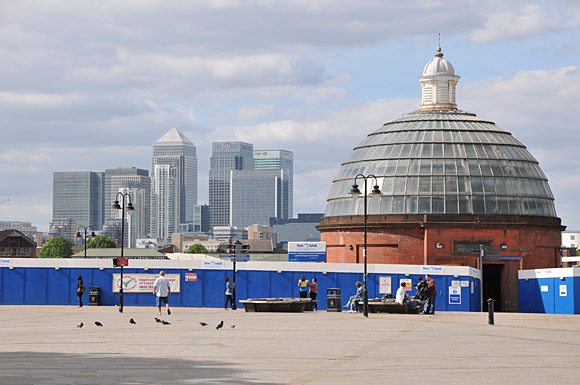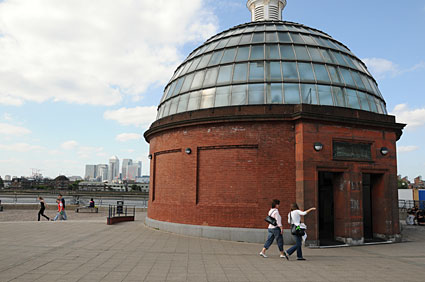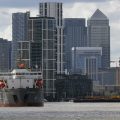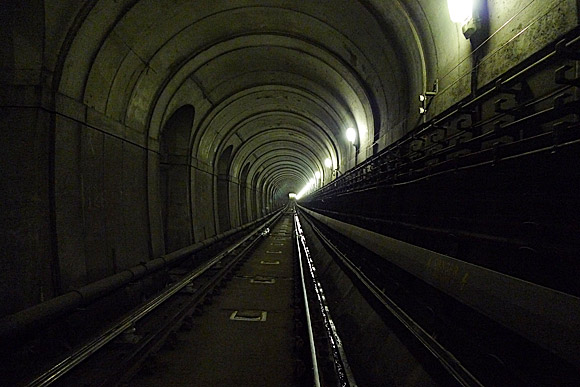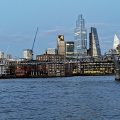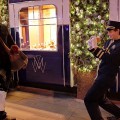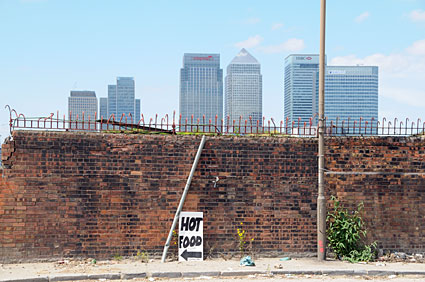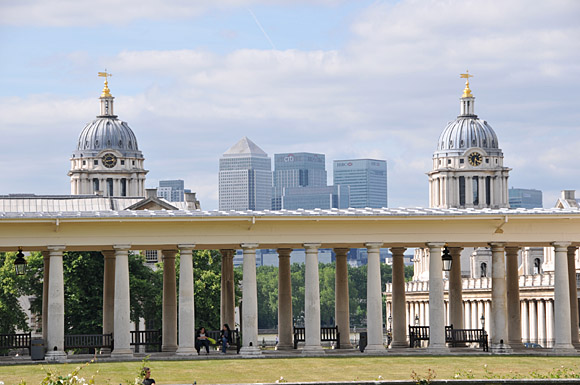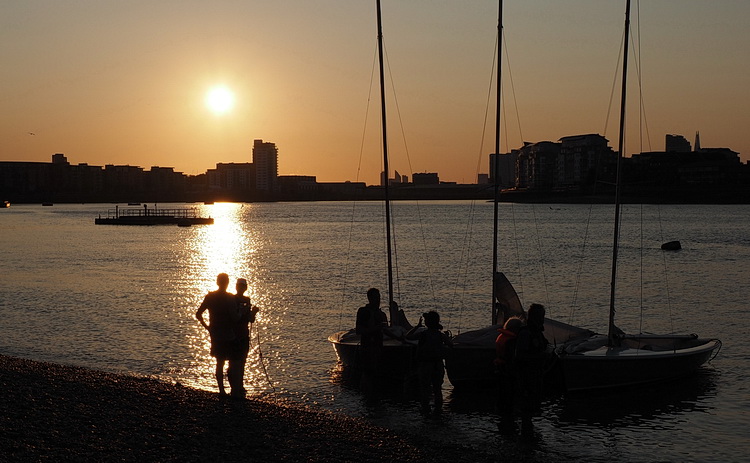
For such a short walk (around 6.5k/4 miles), this south-east London stroll offers a lot of variety, with magnificent views, plenty of greenery and even a walk through a foot tunnel under the River Thames.
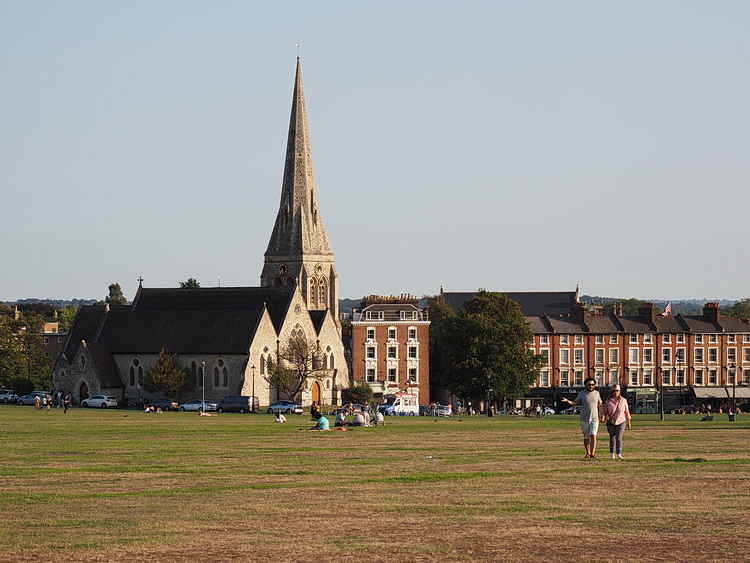
The walk started at Blackheath station, which is a short train ride from London Bridge station.
There’s plenty of things of interest around the town, but today we headed straight for the open spaces of the heath.
Above can be seen All Saints’ Church, which was designed by the architect Benjamin Ferrey in 1857.
Its tower is named the Needle of Kent on account of its tall, thin spire (it also goes under the names of the Devil’s Pick or the Devil’s Toothpick).
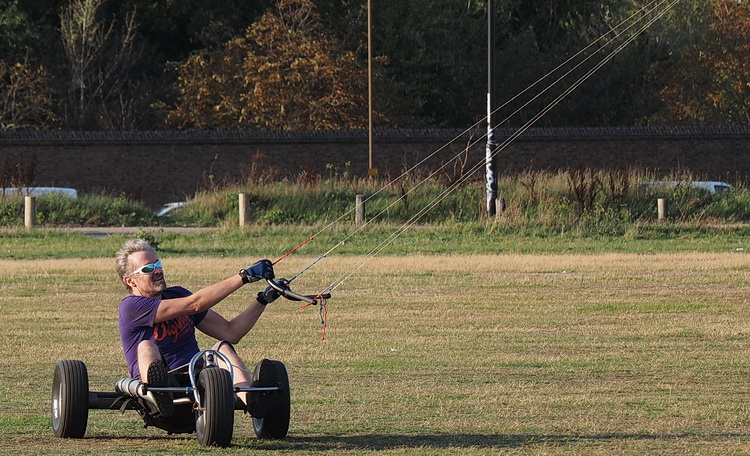
The wide open spaces of the heath makes it popular with kite flyers, with some whizzing about on wheels.
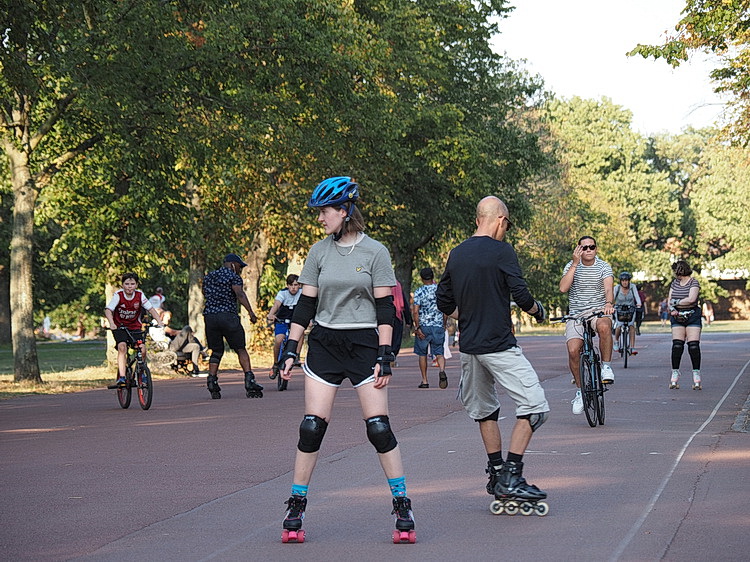
Multiple modes of transport happening in Greenwich Park, which is directly opposite the heath.
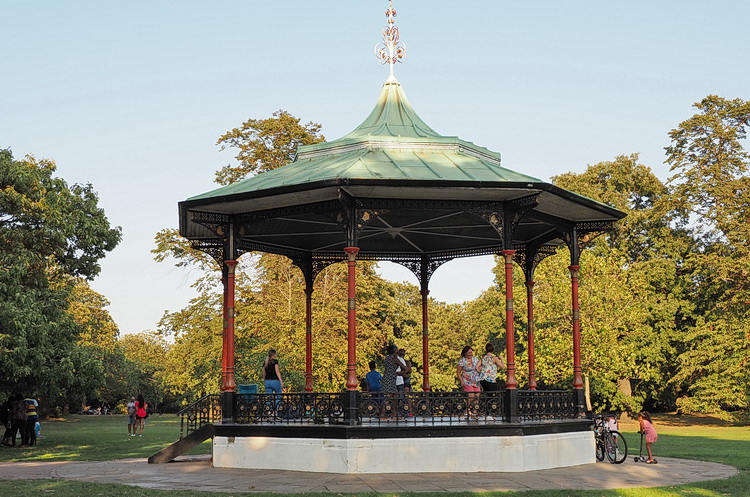
The hexagonal Greenwich Park Bandstand regularly hosts concerts in the summer.
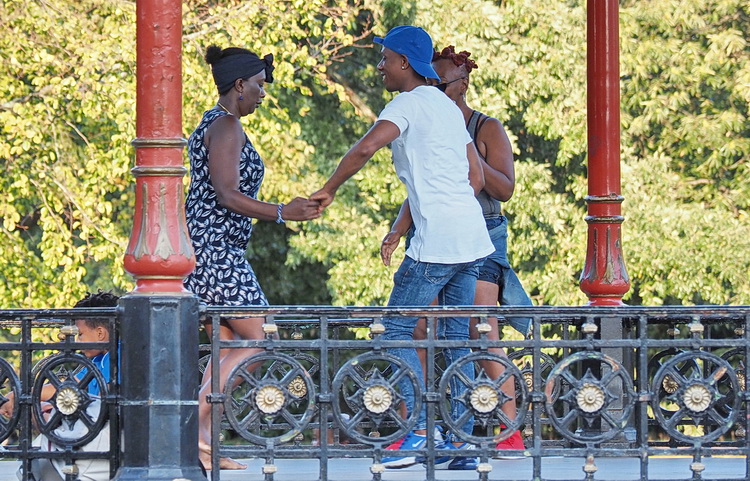
Dancers on the bandstand.
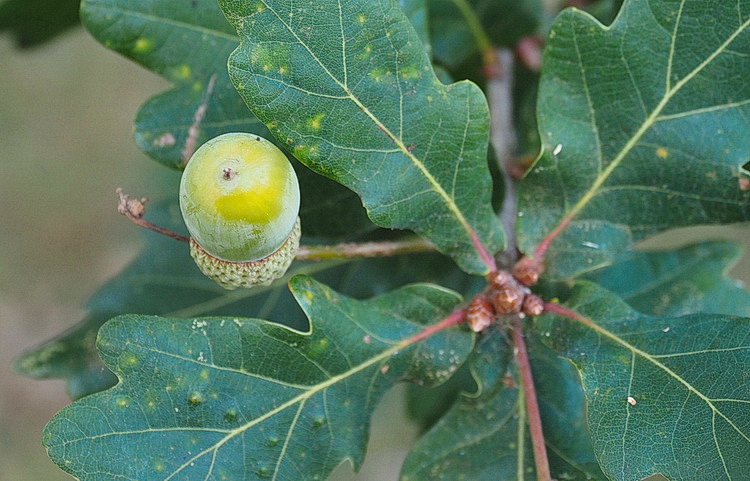
Acorn…
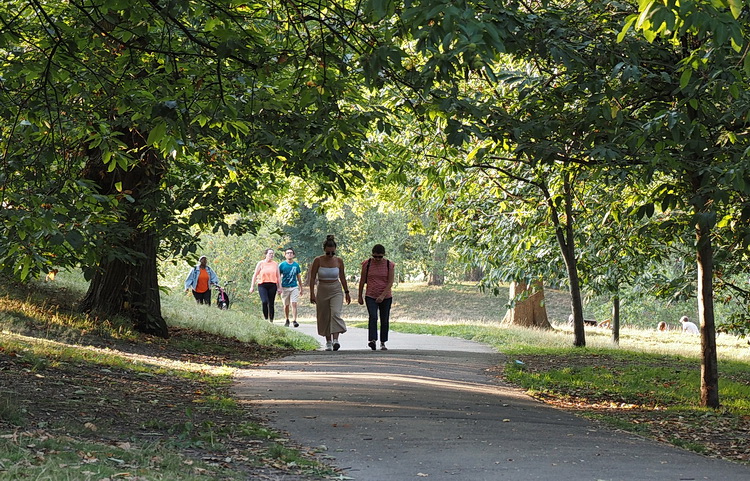
It was a beautiful late summer afternoon.
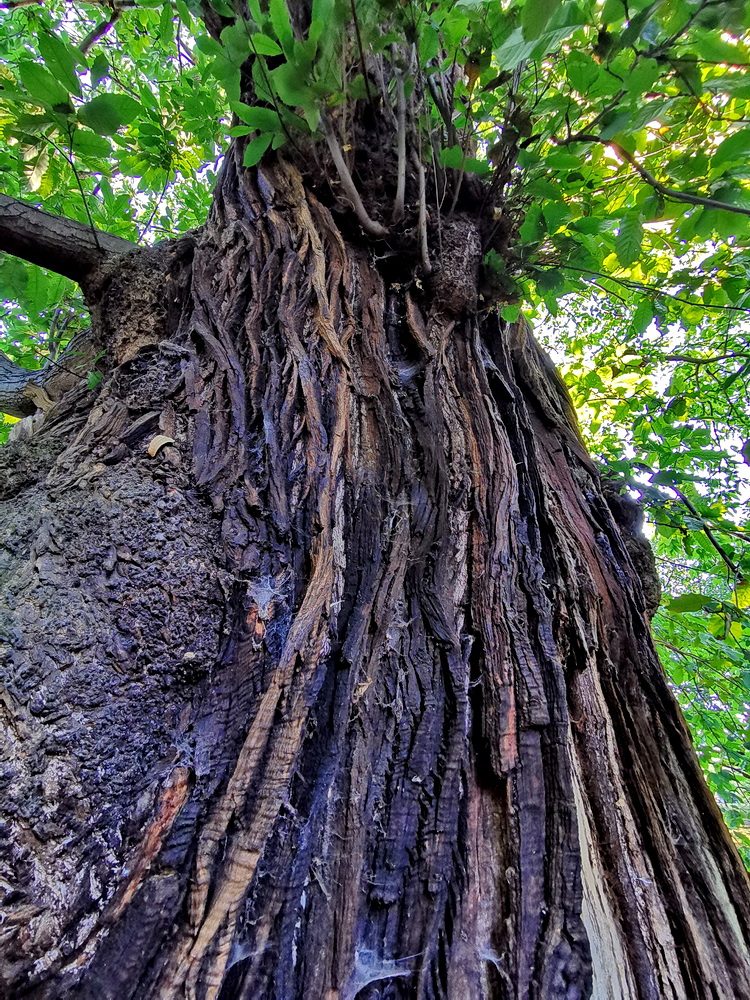
There are some stunning old trees in the park. This was my favourite.
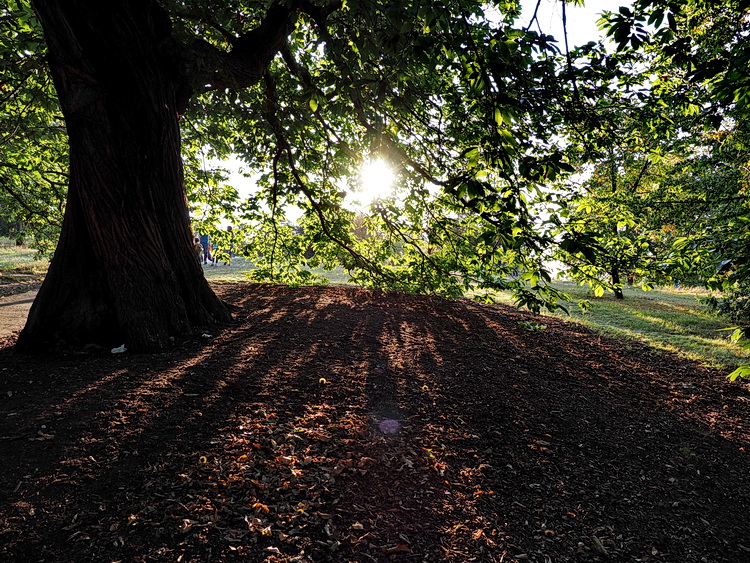
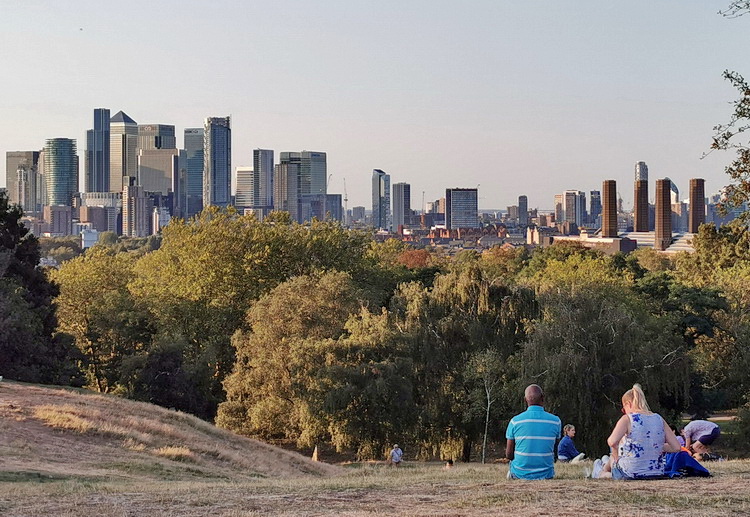
When you reach the middle of the park, you can enjoy some stunning views across London.
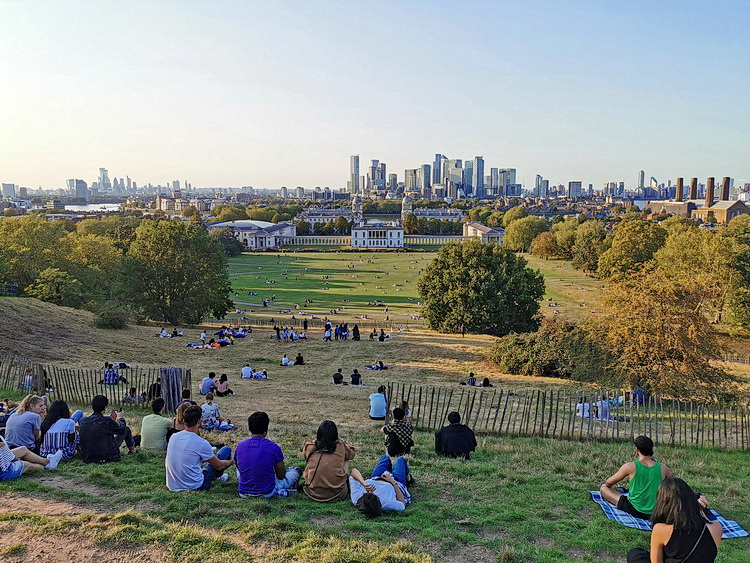
Looking north to the City of London.
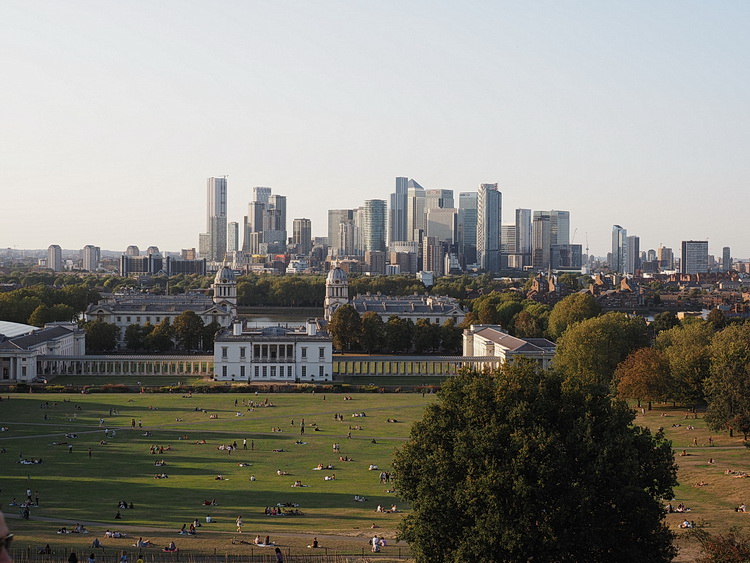
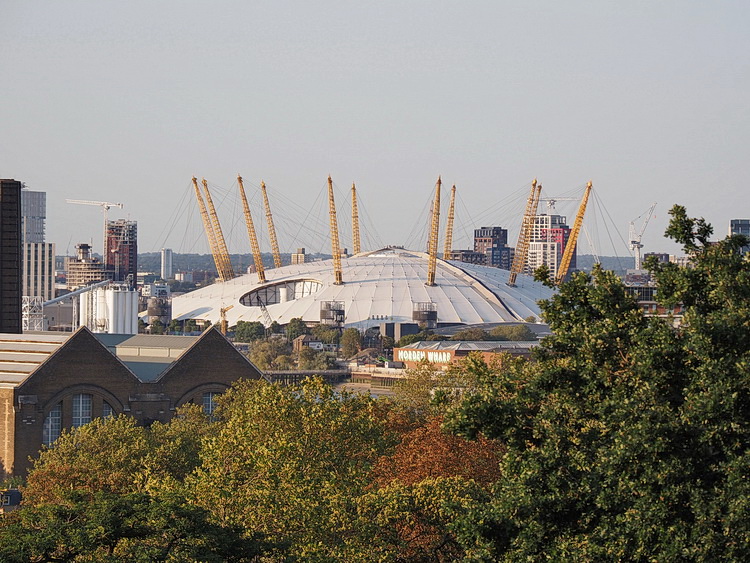
The Millennium Dome/O2 which I visited a few weeks ago.
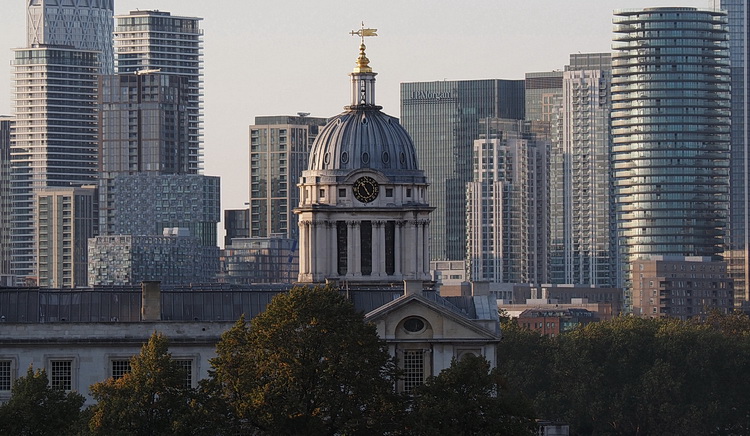
Old and new.
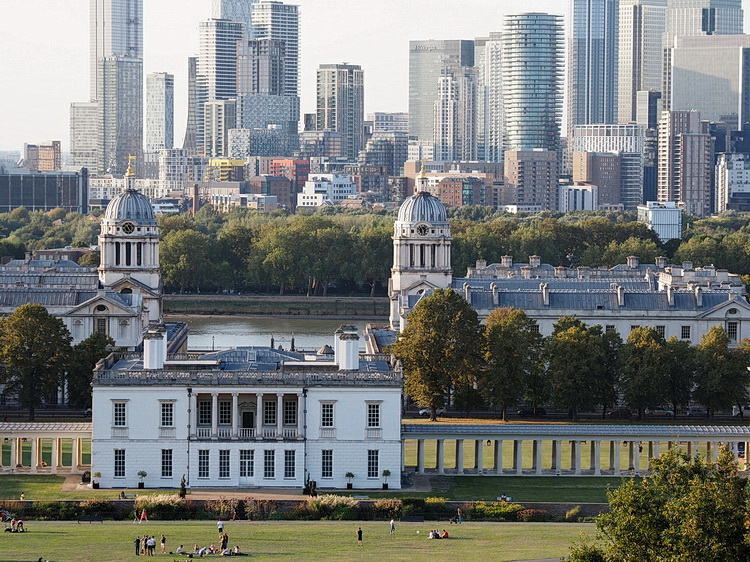
The Queen’s House, a 16th century mansion now used to display items from the National Maritime Museum’s collection.
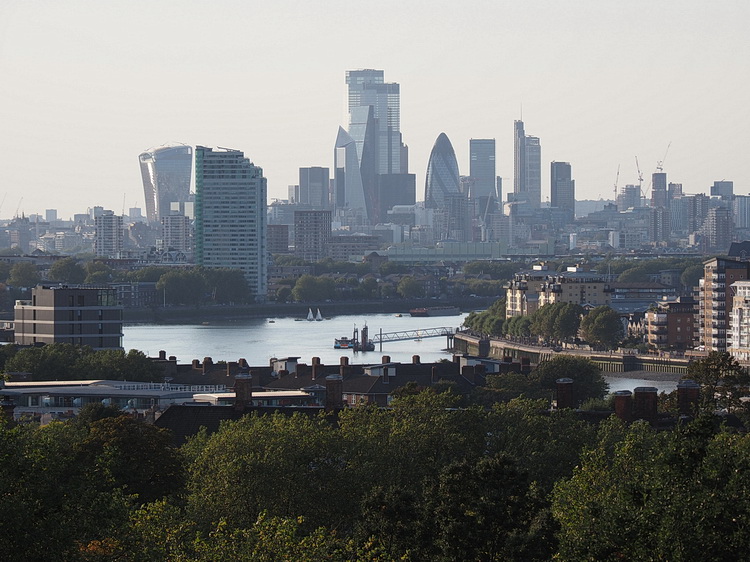
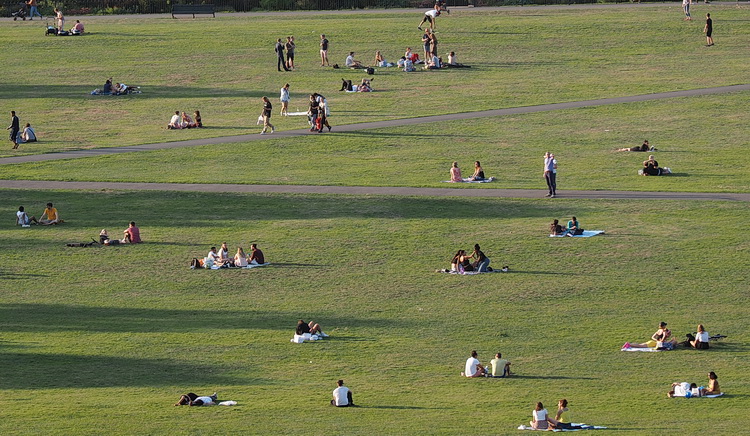
Taking in the sunshine in Greenwich Park.
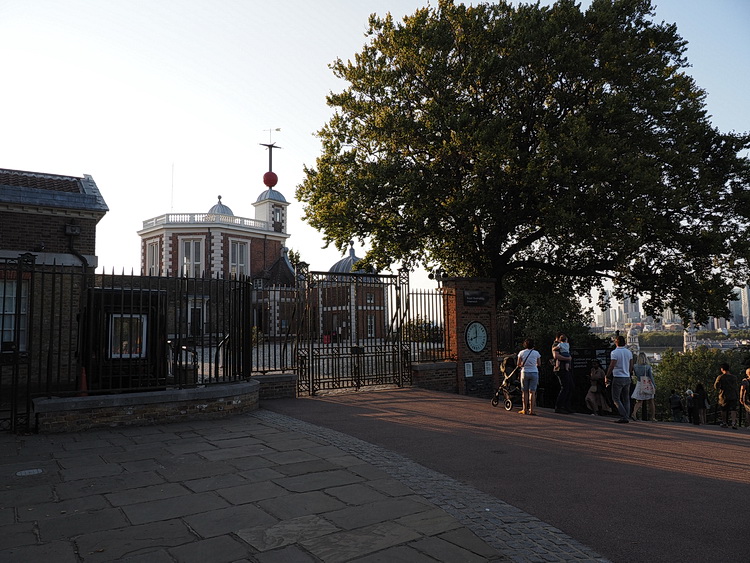
Site of the Prime Meridian by Flamsteed House.
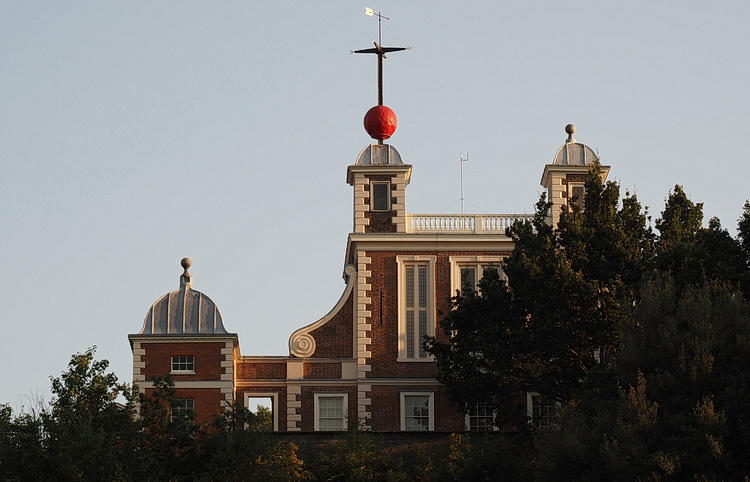
The Greenwich Time Ball sits on the roof of Flamsteed House – installed in 1833 and still in use today, the ball is used to tell passing ships the time:
Each day, at 12.55, the time ball rises half way up its mast. At 12.58 it rises all the way to the top.
At 13.00 exactly, the ball falls, and so provides a signal to anyone who happens to be looking.
The Time Ball drops at 13.00 GMT during the winter months and 13.00 BST during the summer. Please note: the time ball will not be run if the weather is too windy.
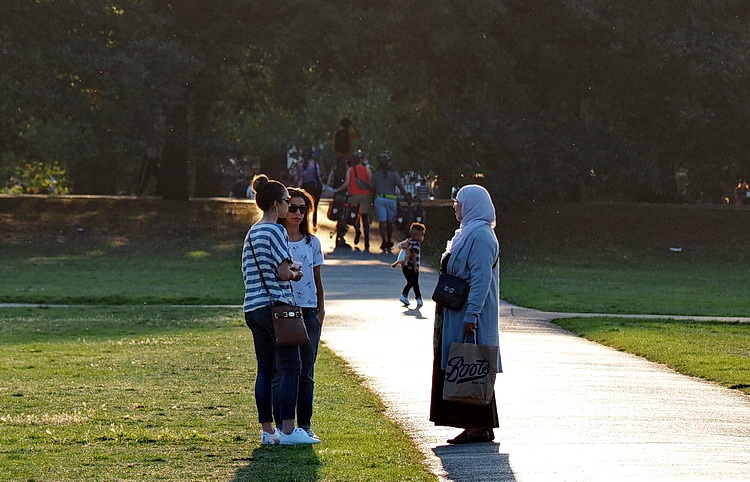
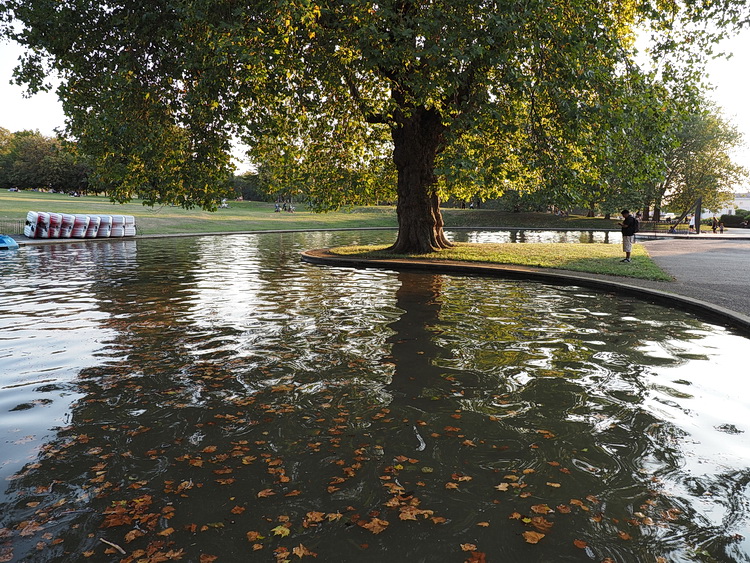
Greenwich Boating Lake.
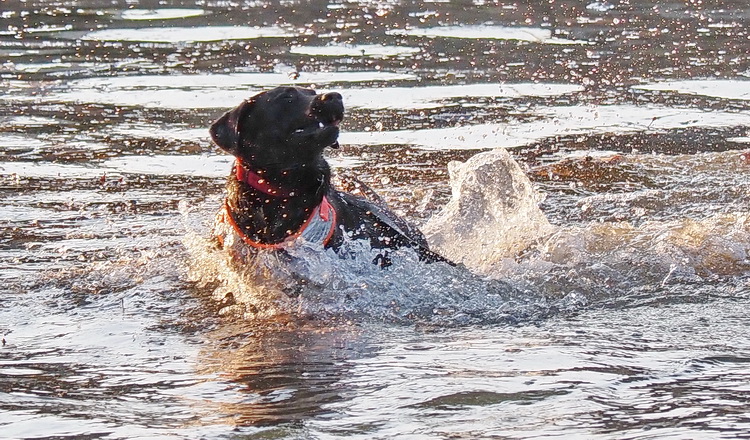
Dog enjoys a swim.
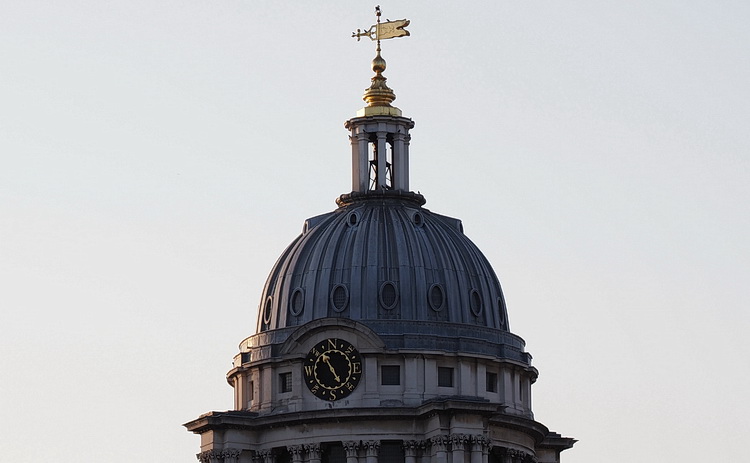
Maritime Museum views.
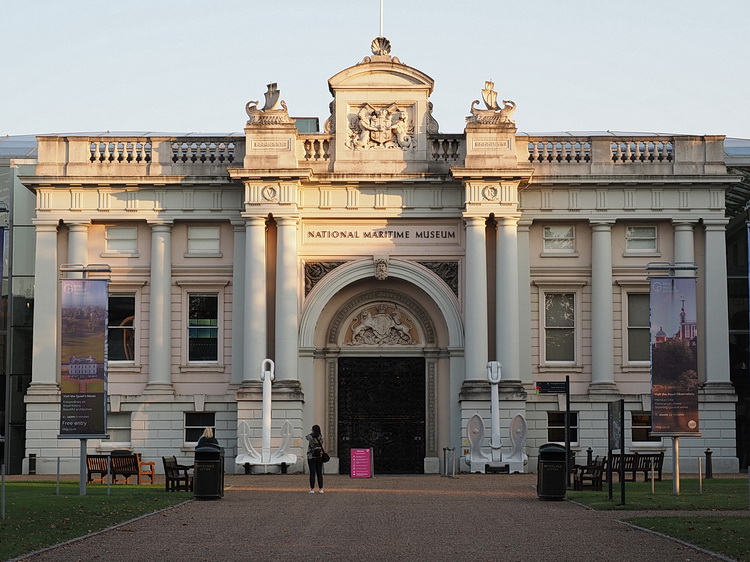
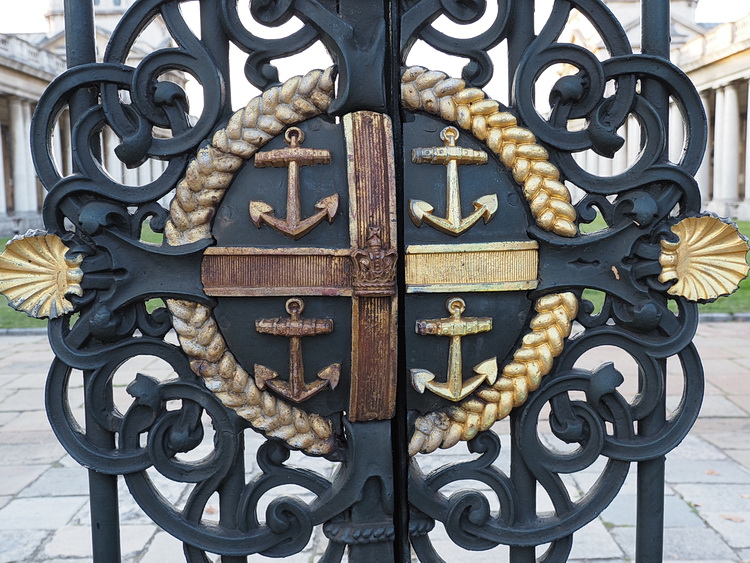
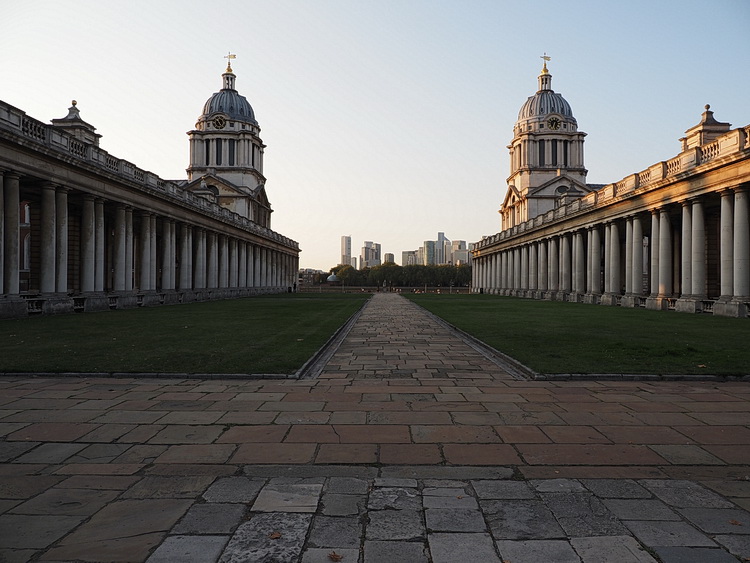
Looking towards the river.
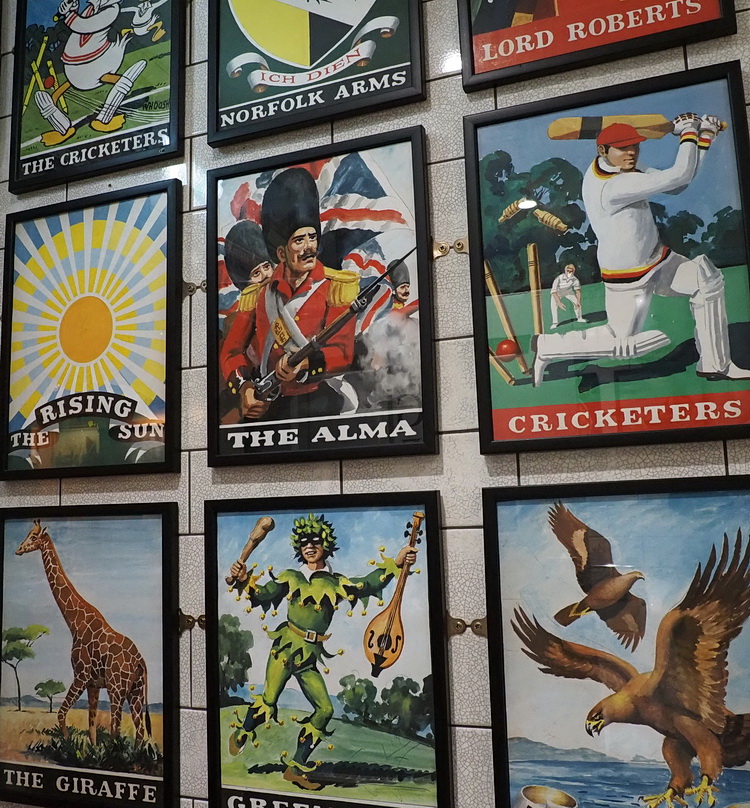
In the men’s loos at the Trafalgar pub there’s a wonderful collection of original artwork for pub signs.
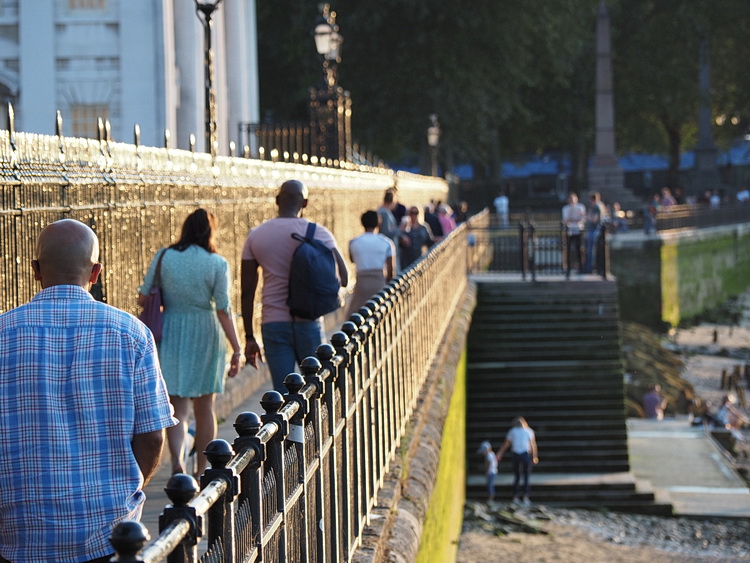
By the river.
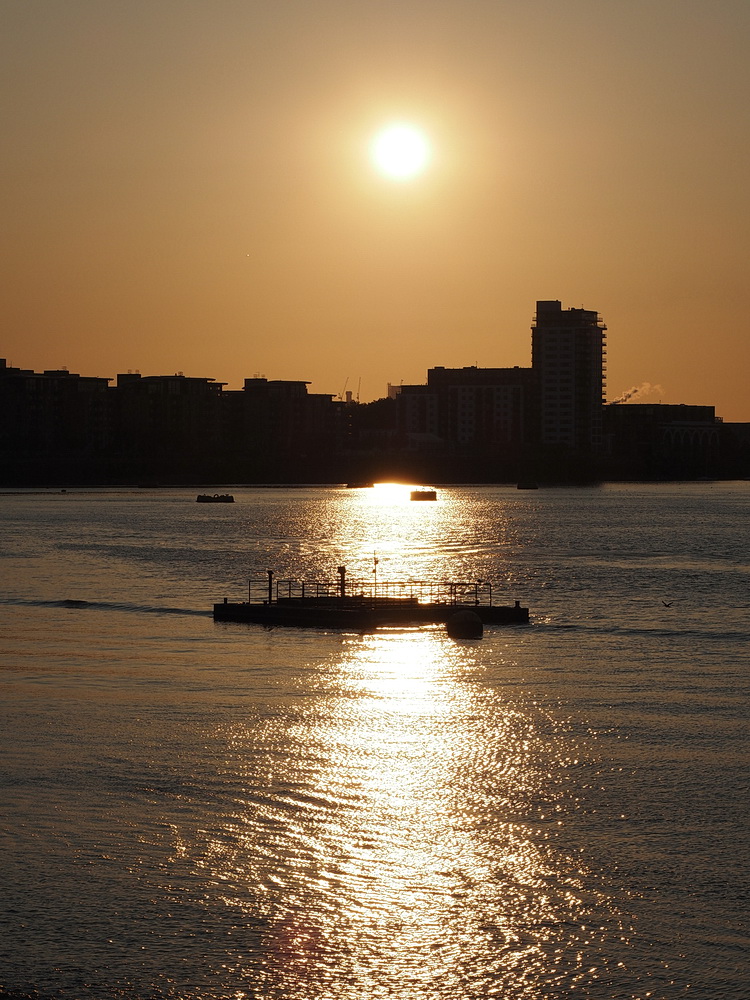
Sunset over the Thames.
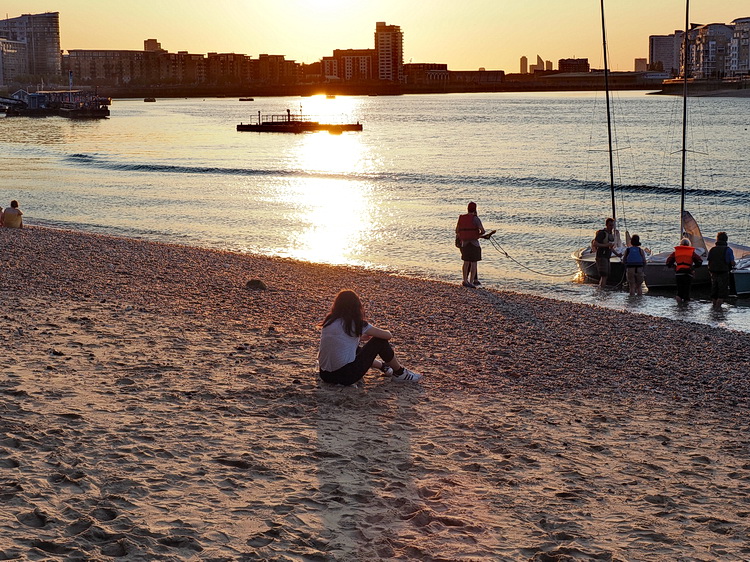
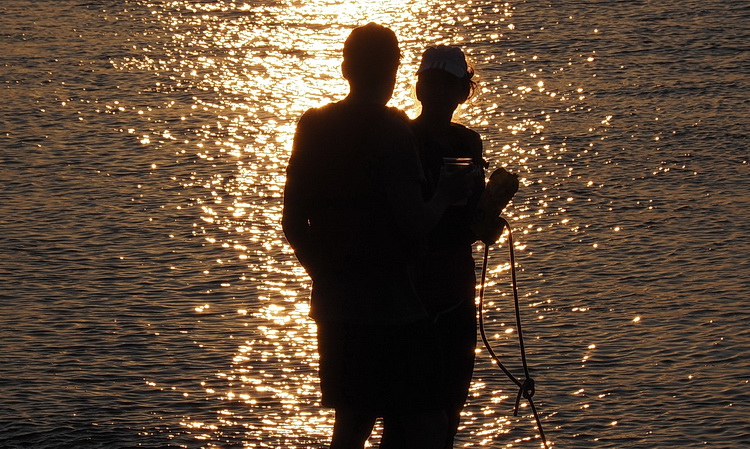
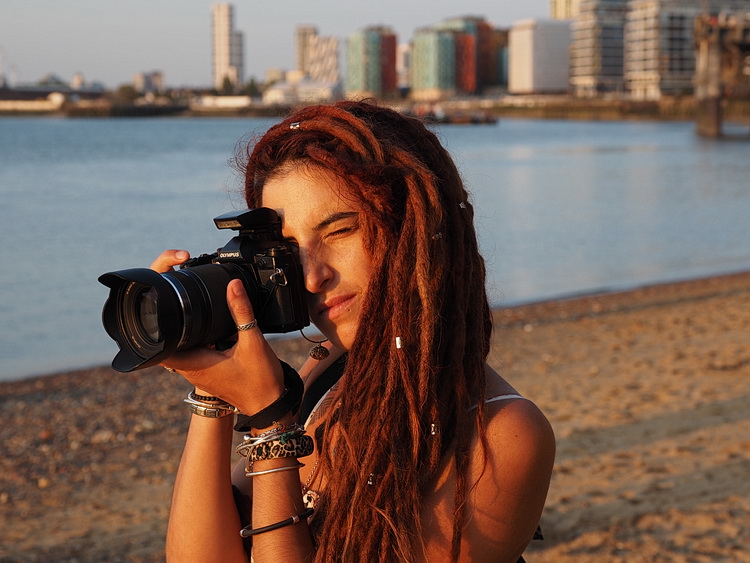
Photographing the sunset.
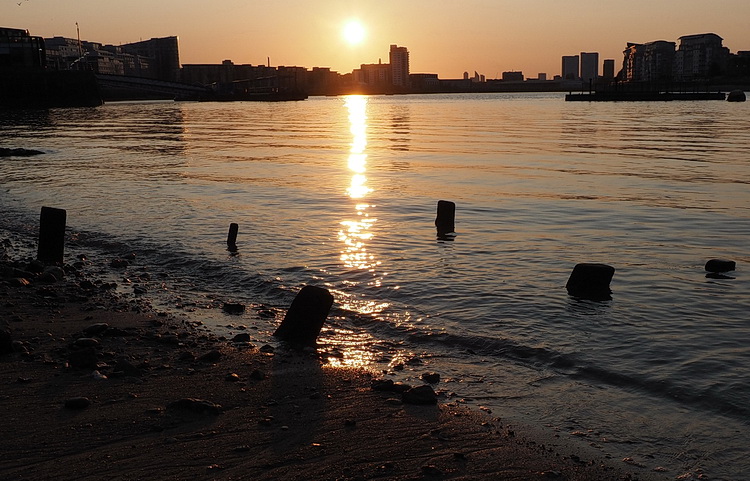
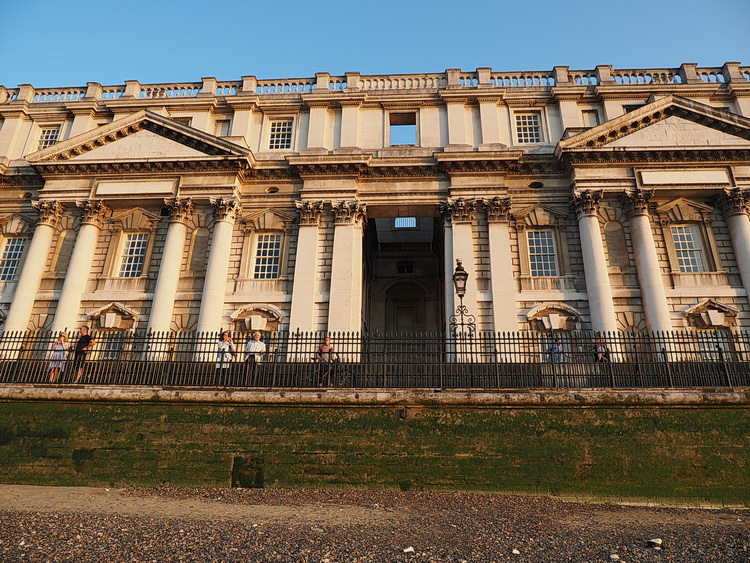
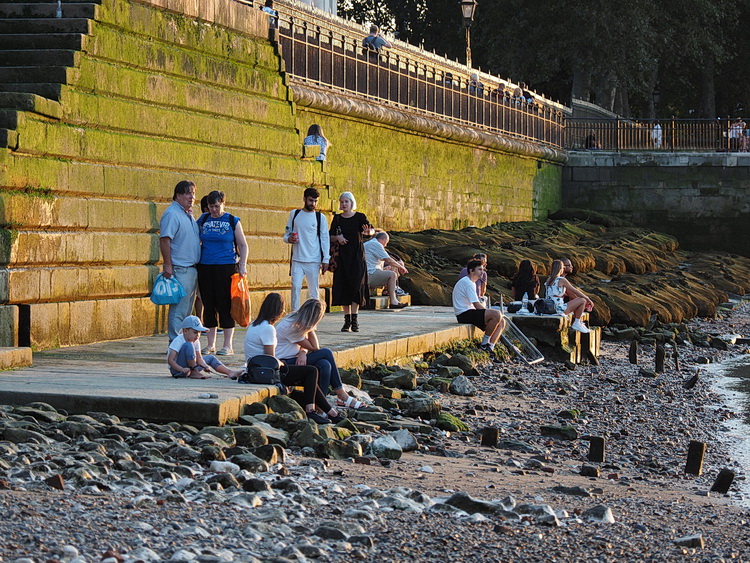
On the ‘beach.’
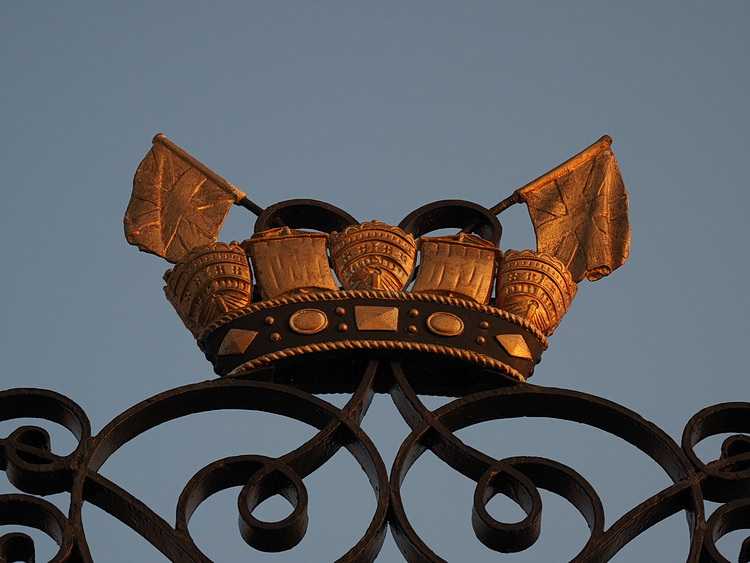
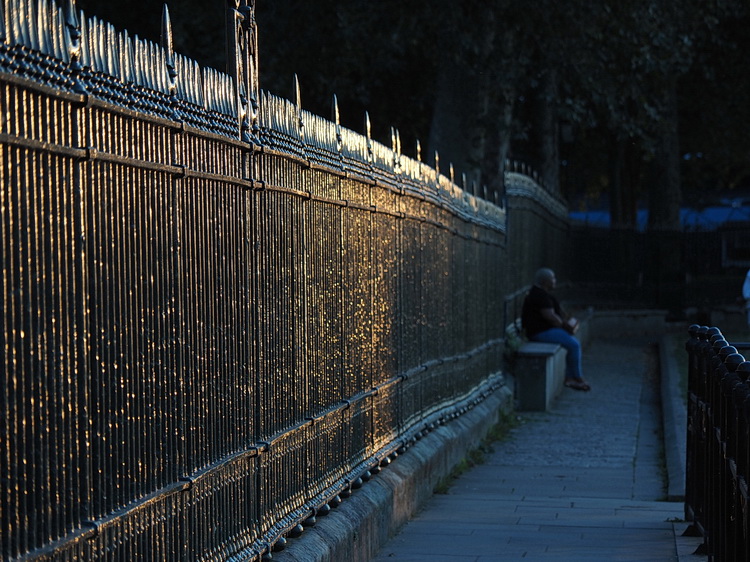
Railings reflecting the dying light.
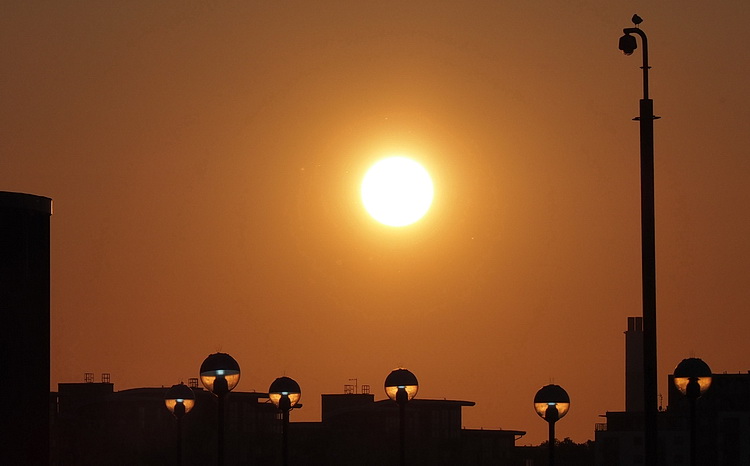
Sunlight and lamps.
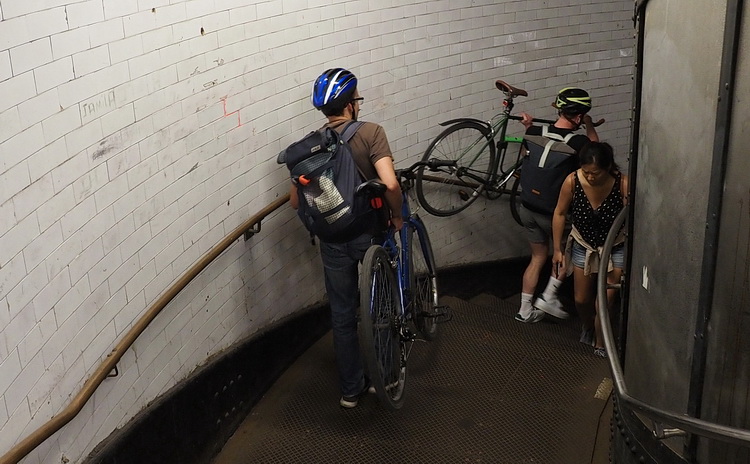
We decided to take a stroll through the Greenwich foot tunnel and back.
As is often the case, the lifts weren’t walking, so pedestrians had to walk down the 100 steps on the south tower, and then up 87 steps at the other end.
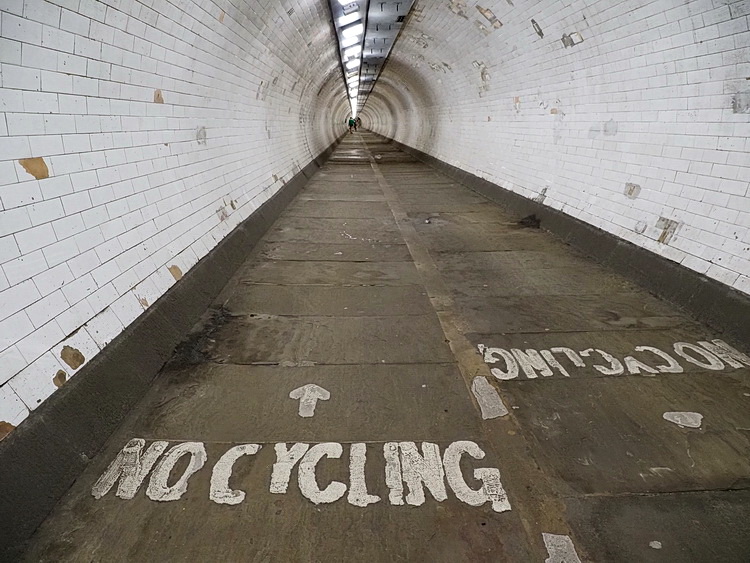
The tunnel was designed by civil engineer Sir Alexander Binnie and opened on 4 August 1902.
It replaced an expensive and sometimes unreliable ferry service allowing workers living south of the Thames to reach their workplaces in the London docks and shipyards in or near the Isle of Dogs.
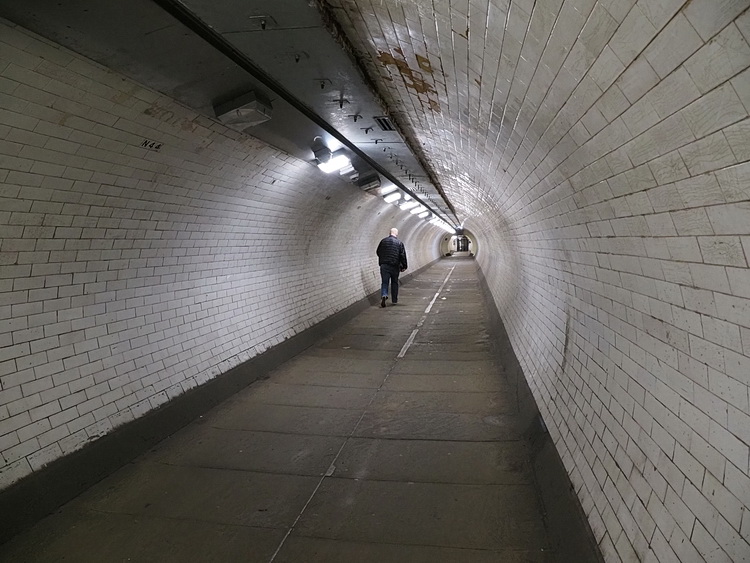
Wikipedia has the facts:
The entrance shafts at both ends are beneath glazed domes. Lifts, installed in 1904, were upgraded in 1992 and again in 2012, and helical staircases allow pedestrians to access the sloping, tile-lined tunnel.
The cast-iron tunnel is 1,215 feet (370.2 m) long, 50 feet (15.2 m) deep[2] and has an internal diameter of about 9 feet (2.74 m).
The cast-iron rings are coated with concrete and surfaced with some 200,000 white glazed tiles.
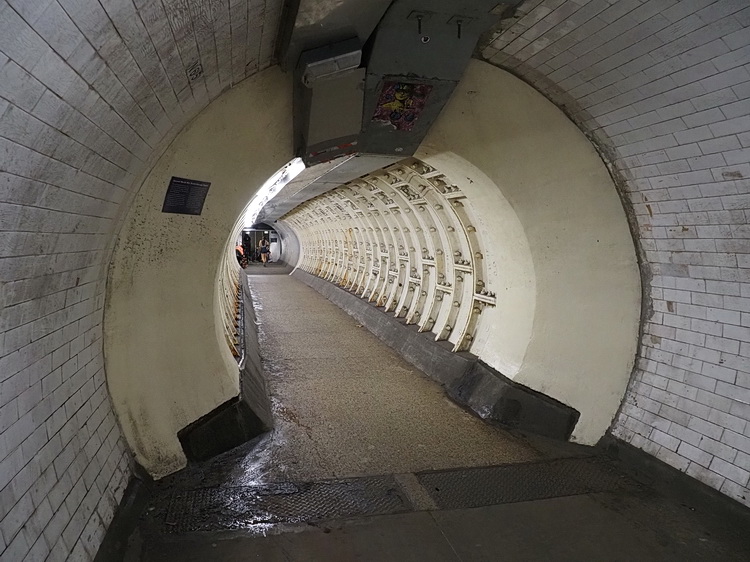
The northern end was damaged by bombs during the Second World War and repairs included a thick steel and concrete inner lining that reduces the diameter substantially for a short distance.
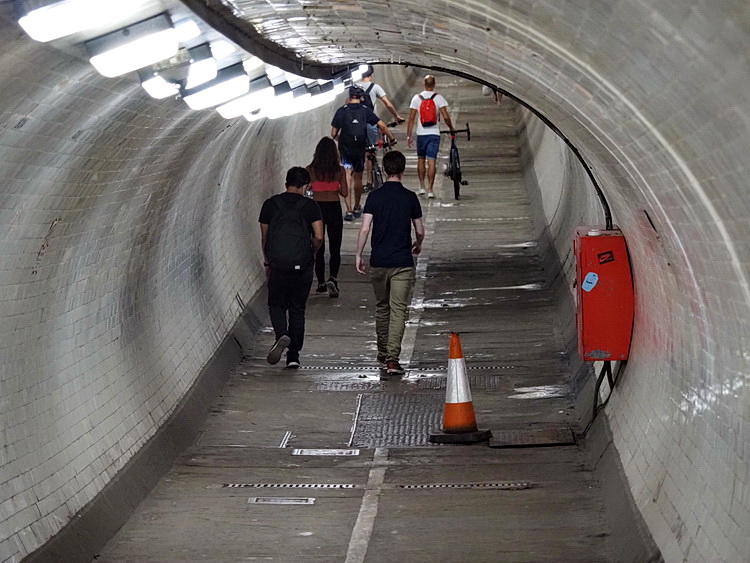
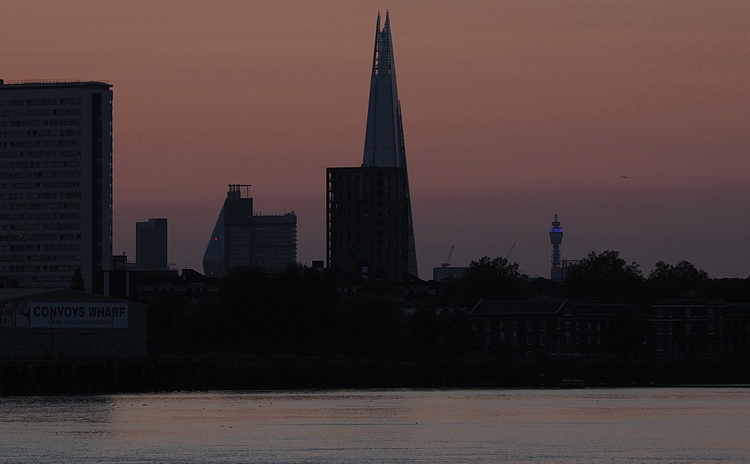
The sun sets over The Shard.
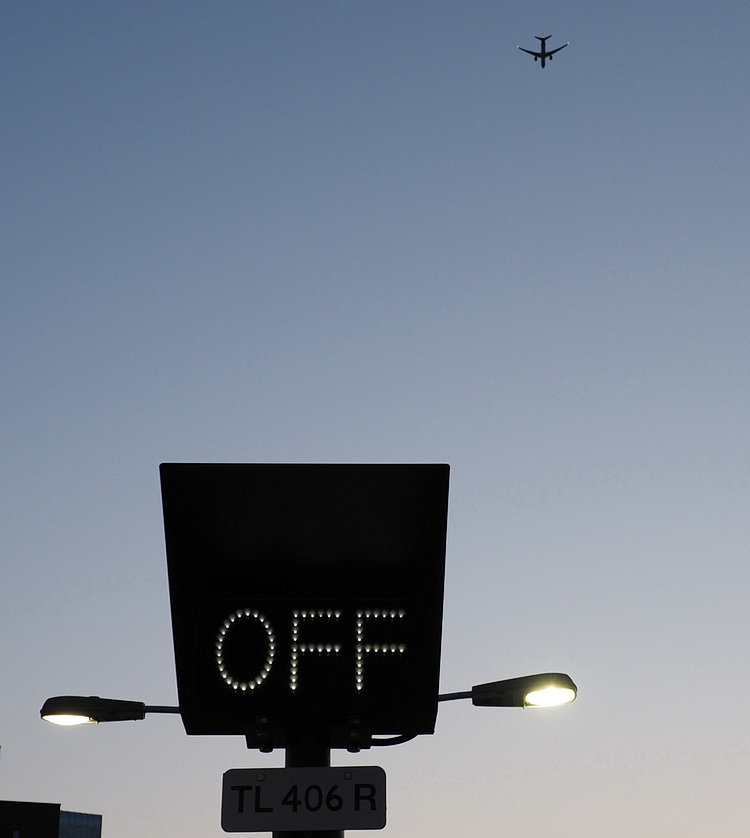
A last view taken at Greenwich railway station.

